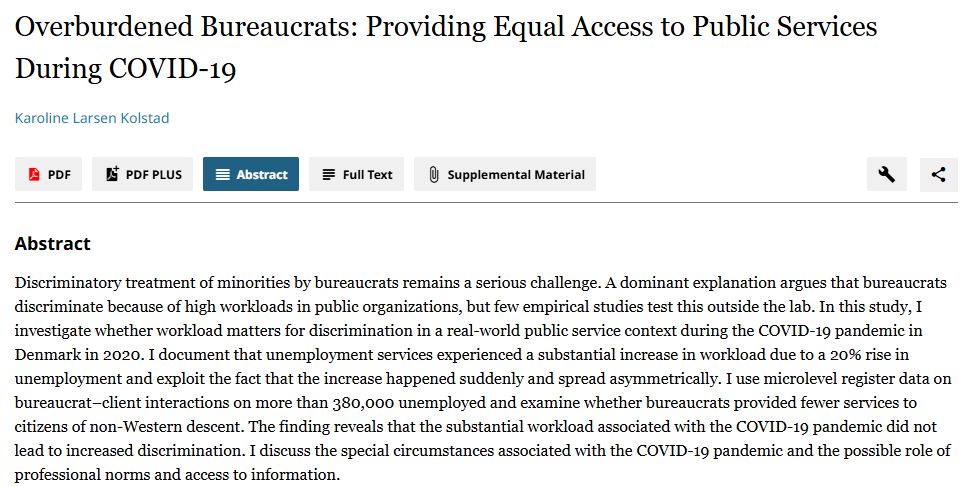Roman Senninger
@rsenninger.bsky.social
2.8K followers
580 following
150 posts
Associate Professor of Political Science, Aarhus University
I study political elites, institutions, and public opinion in Europe, using experiments and computational methods.
https://romansenninger.github.io/
Posts
Media
Videos
Starter Packs
Pinned
Reposted by Roman Senninger
Reposted by Roman Senninger
Reposted by Roman Senninger
Reposted by Roman Senninger
Reposted by Roman Senninger
Reposted by Roman Senninger
Reposted by Roman Senninger
Reposted by Roman Senninger
Reposted by Roman Senninger
Reposted by Roman Senninger
Reposted by Roman Senninger














